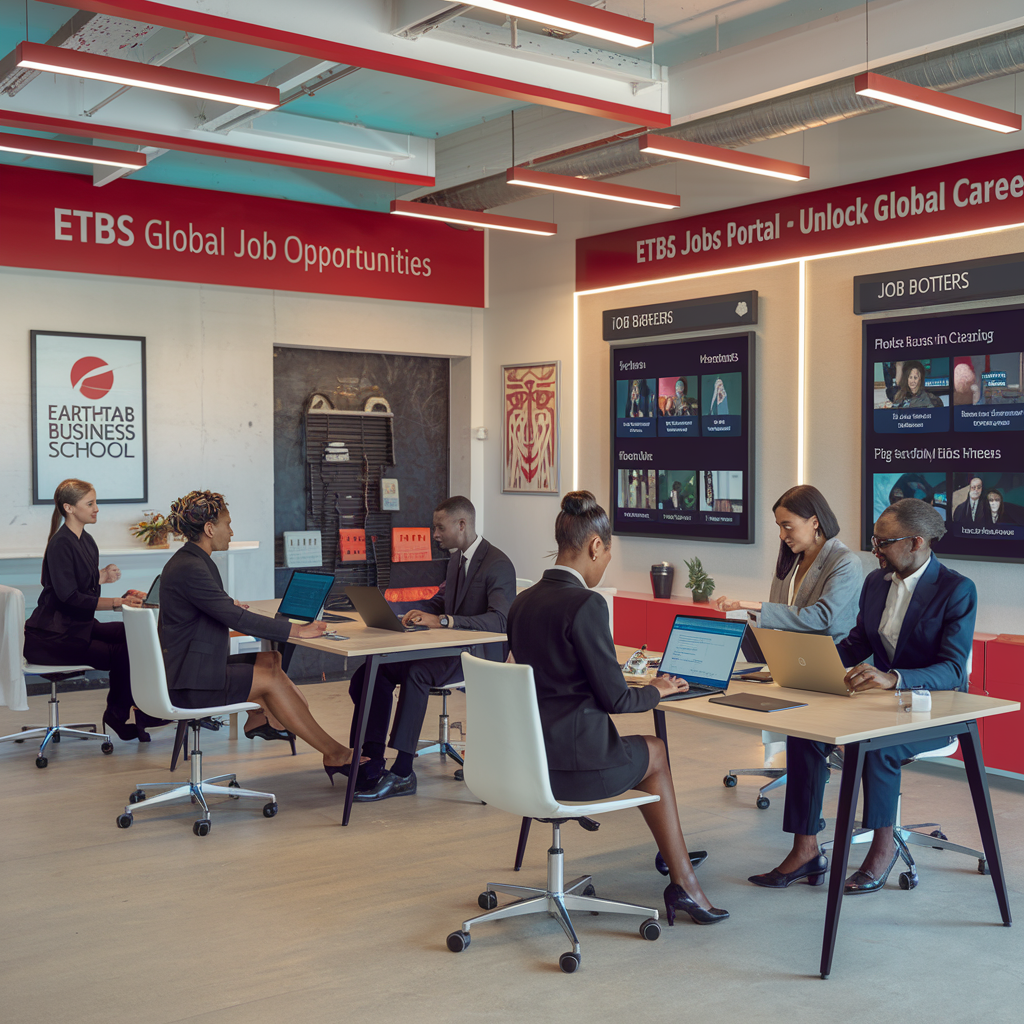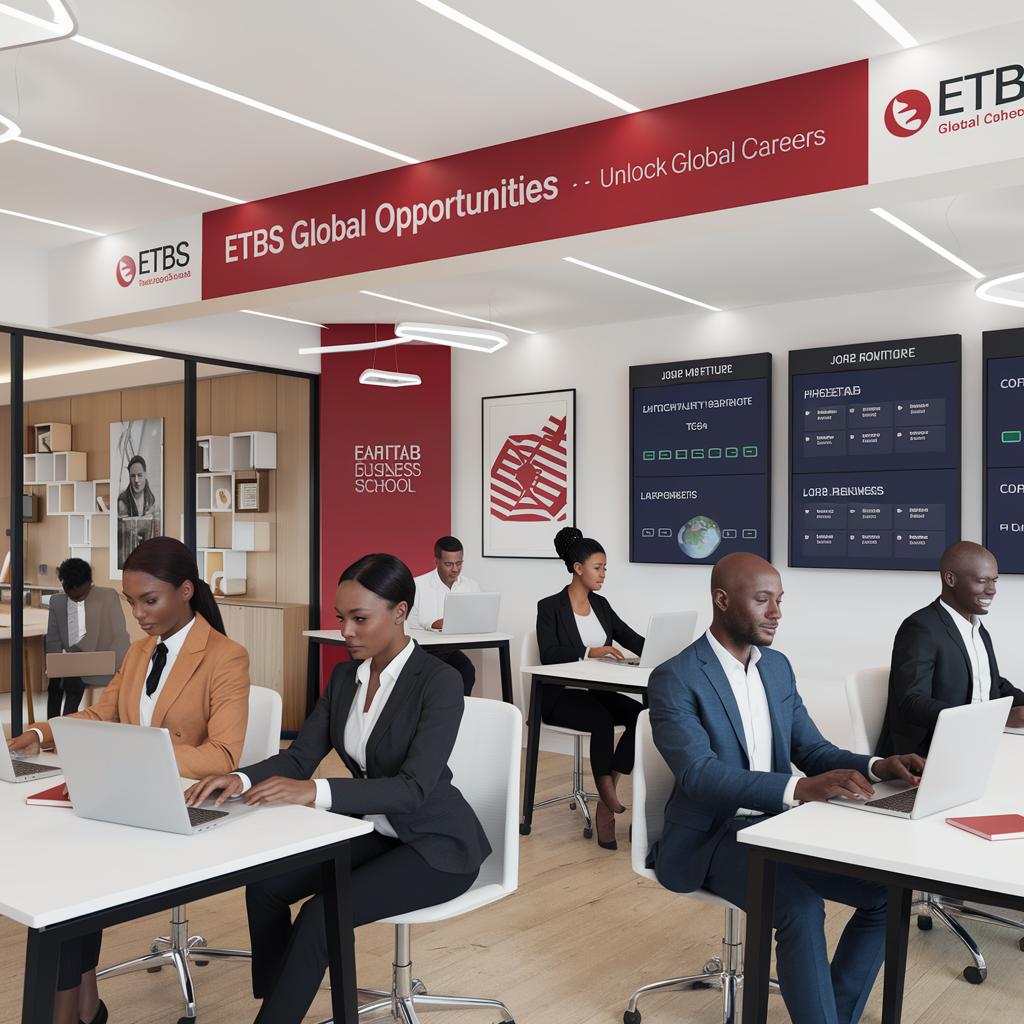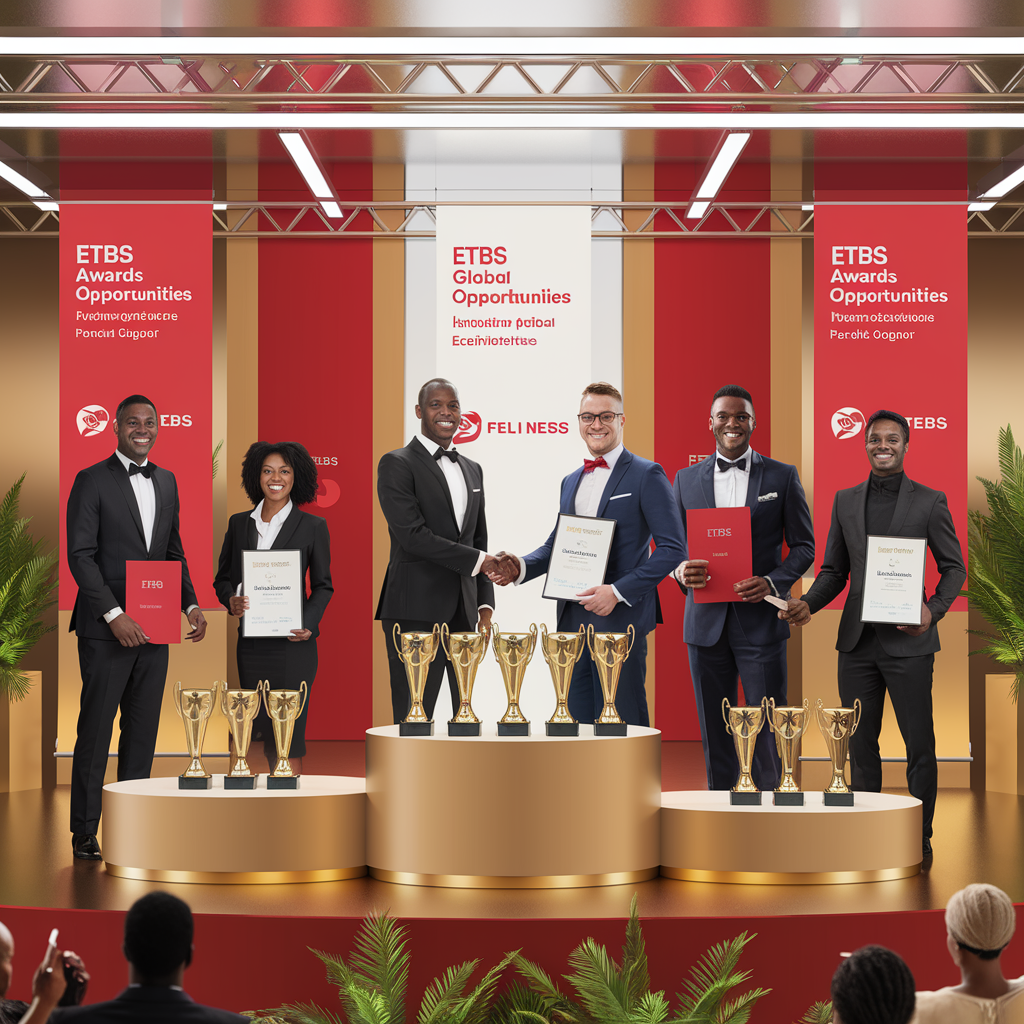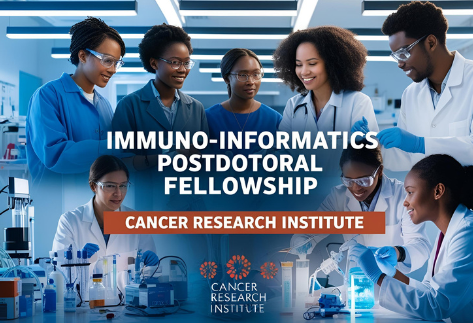 EarthTab Business School
EarthTab Business School
☰




Deadline: 1 September 2025
Organizer: Cancer Research Institute (CRI)
The CRI Immuno-Informatics Postdoctoral Fellowship Program supports young scientists worldwide who seek dual training in immunology and data science. The program bridges computational biology and cancer immunology, preparing the next generation of scientists to address challenges at the interface of these disciplines.
Year 1: $74,000
Year 2: $76,000
Year 3: $78,000
Institutional allowance: $5,000/year (for supplies, meetings, insurance, childcare, etc.)
Additional support for CRI’s Annual Cancer Immunotherapy Conference (CICON) and Bioinformatics Bootcamp.
Payments made monthly to host institution (no overhead deductions).
Hypothesis-driven in basic or translational cancer immunology.
Must demonstrate potential to impact understanding of the immune system’s role in cancer using innovative computational and/or “omic” methods.
Should describe new skills the applicant will gain (immunology and/or computational biology).
Applicants encouraged to have a primary sponsor + a secondary co-mentor.
Must hold a doctoral degree (PhD, MD, DMD, DVM, or equivalent) by award activation.
Must work under a sponsor (Assistant Professor rank or higher).
≤ 5 years postdoctoral experience at award activation (exceptions for MDs).
Not eligible if ≥3 years in the same sponsor’s lab (except in rare cases).
Fellowship must be conducted at a non-profit institution (U.S. or abroad).
No citizenship restrictions.
Only one fellow per sponsor per round, and max 3 CRI fellows per faculty sponsor.
Applicant background & accomplishments (≤500 words).
Knowledge/skills to gain & training gaps (≤250 words).
Other funding sources applied for.
CV + bibliography (NIH biosketch preferred).
Project summary (≤500 words).
Lay abstract (≤250 words).
Specific aims (≤500 words).
Research proposal (≤4 pages, excl. references).
Sponsor letter (must confirm supervision & applicant’s authorship of proposal).
Sponsor CV/biosketch + research support.
Fellowship open internationally.
Designed for researchers at the intersection of immunology and computational biology.
Applicants must pass an eligibility questionnaire before accessing the online application.